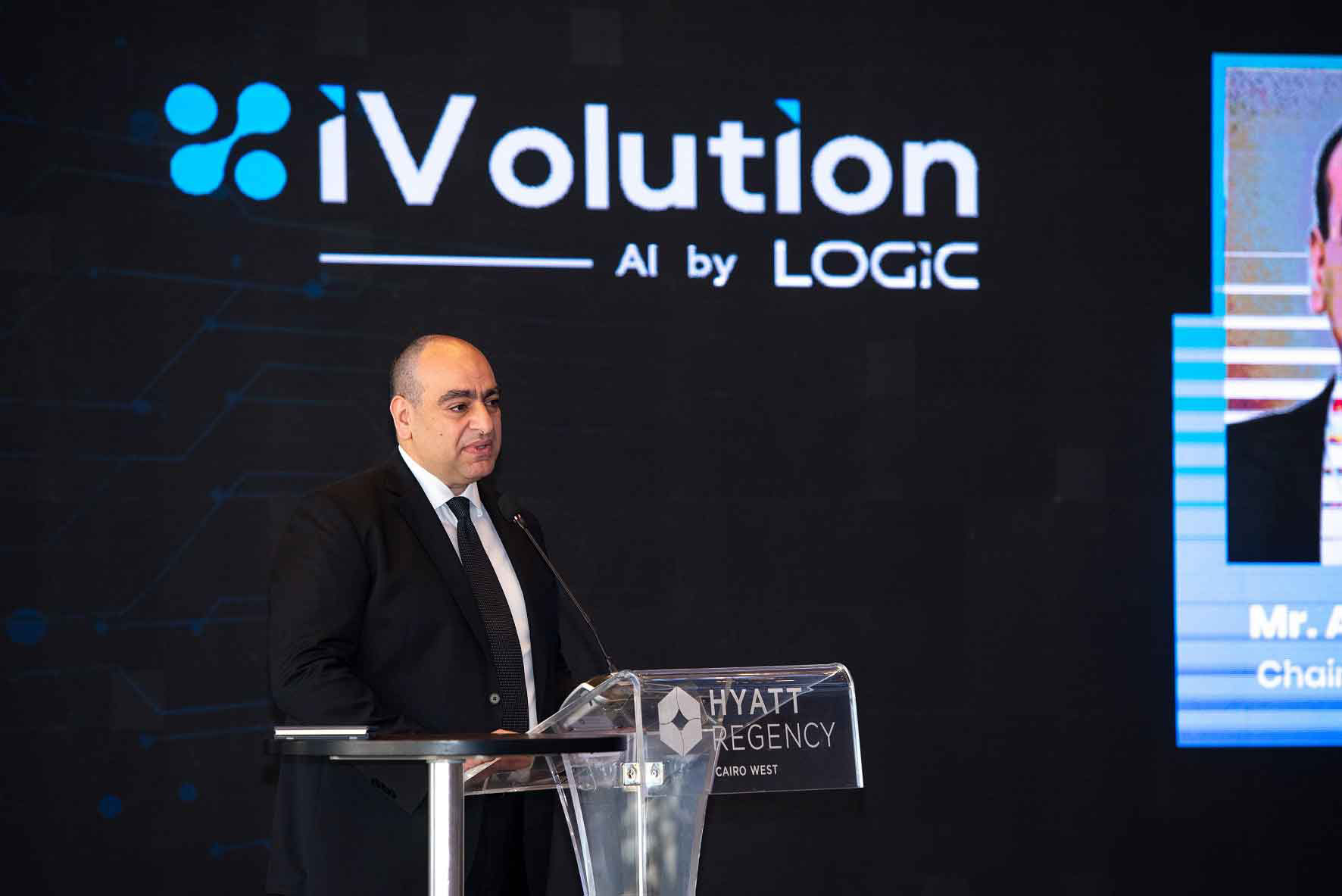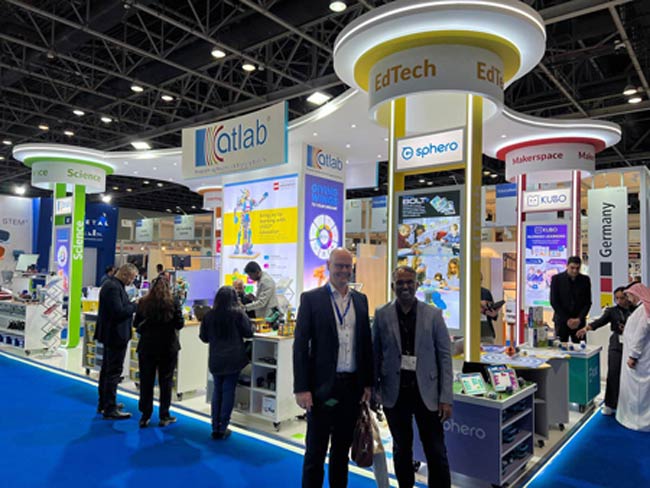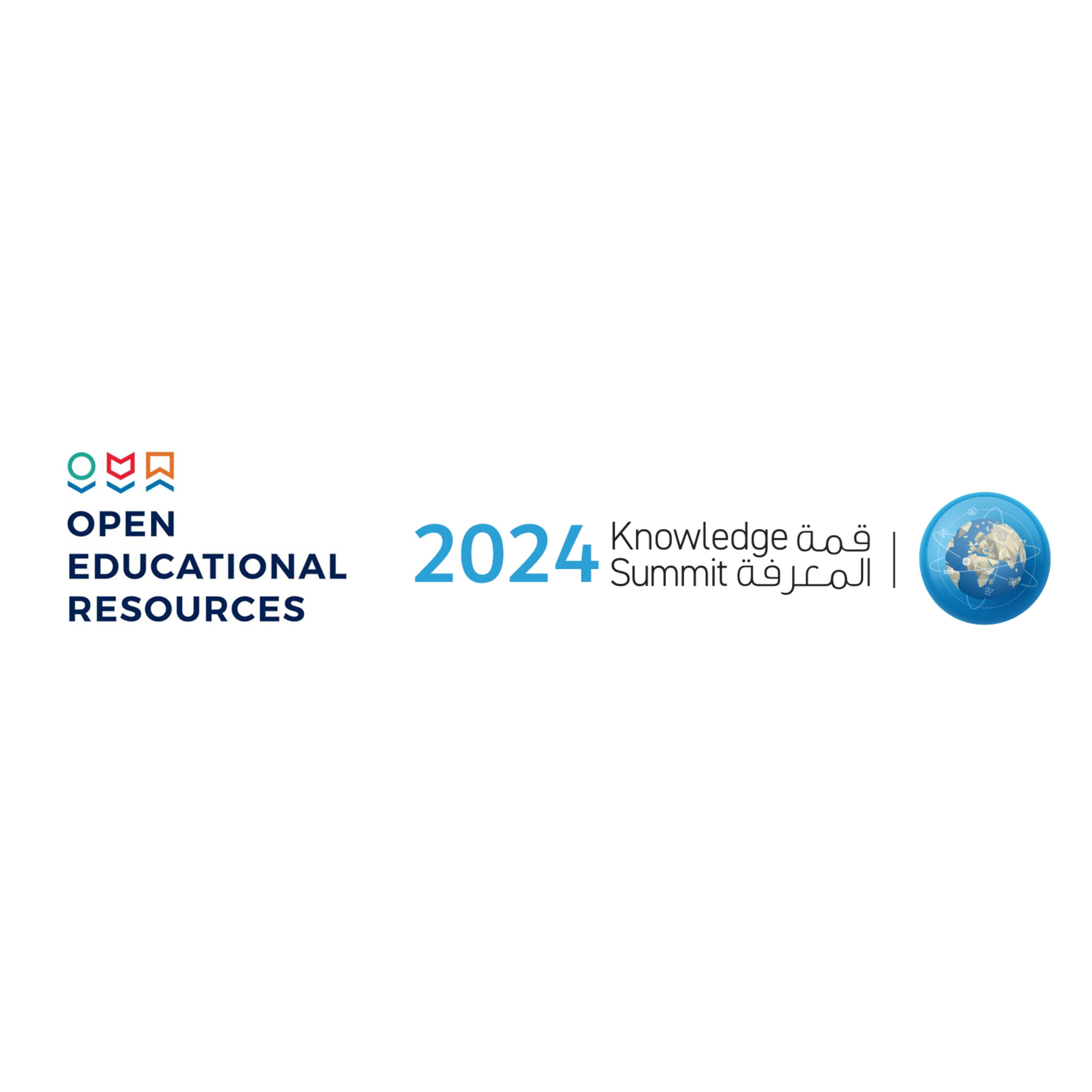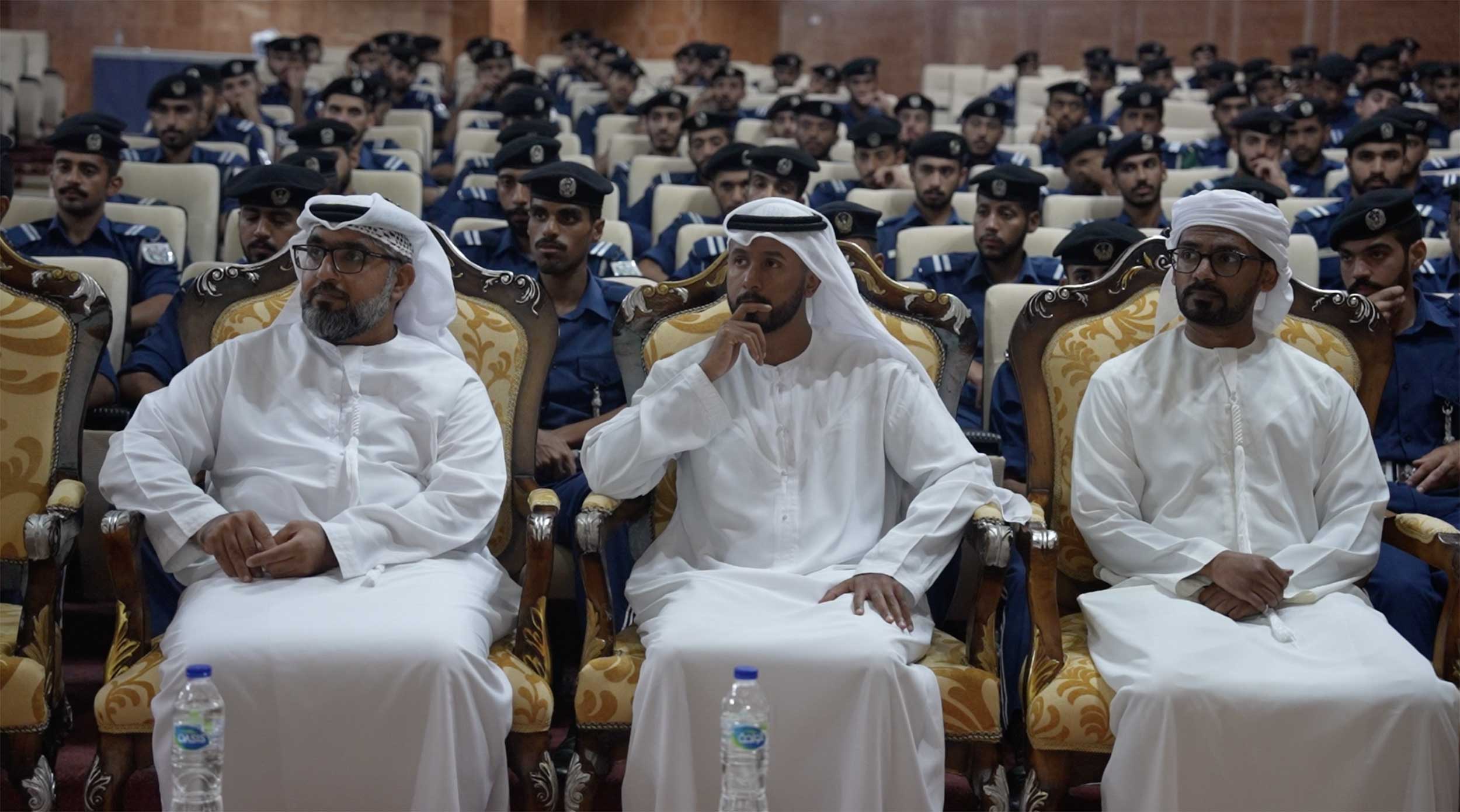Artificial intelligence: Future engine for sustainable economic growth globally
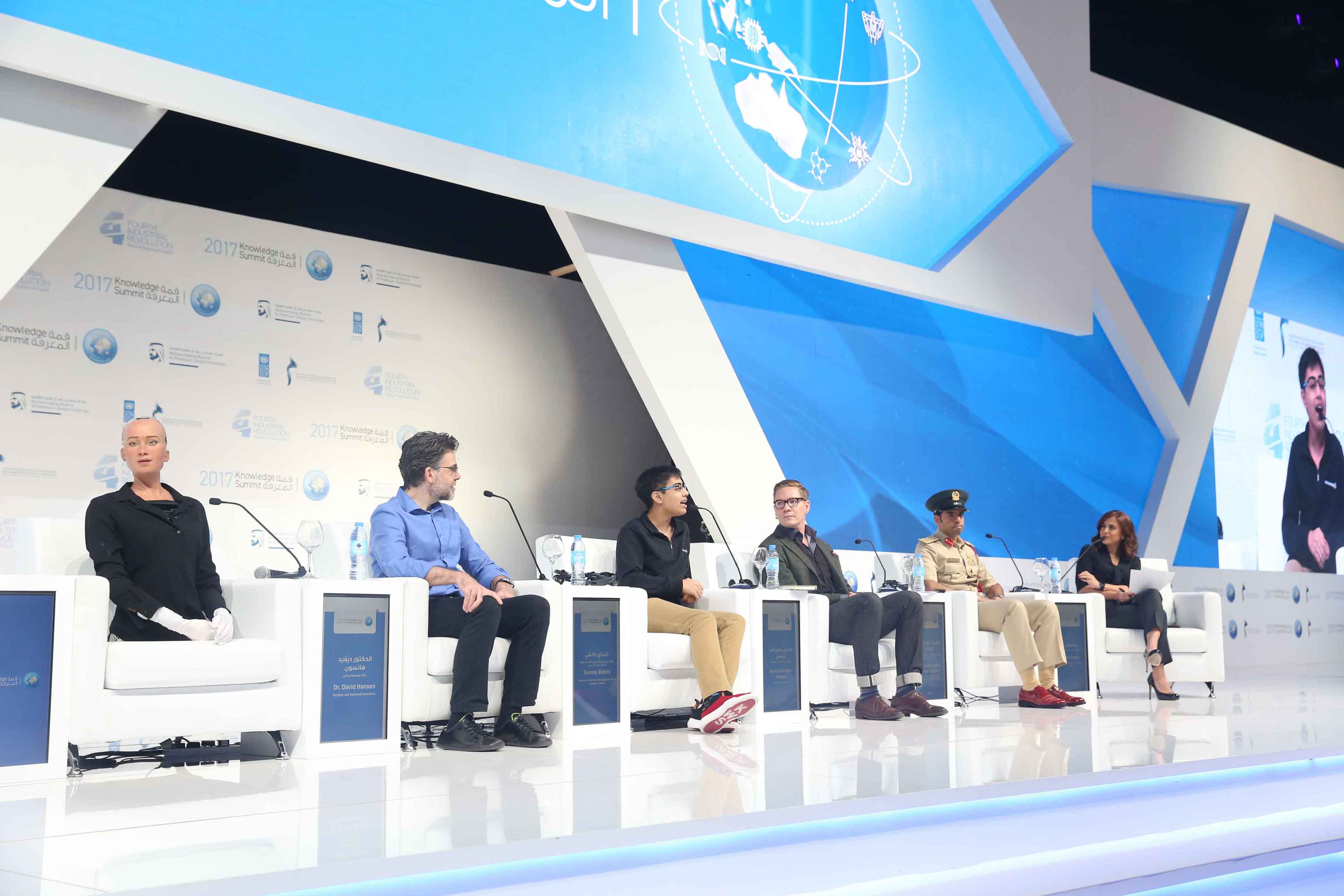
Dubai, UAE- 11November 2024 - Today, the world is undergoing a radical transformation driven by the rapid advancement of artificial intelligence (AI) technologies. These technologies are permeating various economic sectors and playing a pivotal role in accelerating sustainable development. By boosting productivity, improving operational efficiency, and fostering innovative solutions, AI is helping address pressing environmental and social challenges. Furthermore, AI is driving innovation in critical areas such as renewable energy, sustainable agriculture, healthcare, and education, paving the way for a more prosperous and sustainable future.
Recognizing the immense potential and benefits of artificial intelligence, the Mohammed bin Rashid Al Maktoum Knowledge Foundation (MBRF) has taken proactive steps to harness the power of this cutting-edge technology. By integrating AI into its initiatives, MBRF aims to be a catalyst for innovation and sustainable development. MBRF and the United Nations Development Programme (UNDP), MBRF’s strategic partner, leverage their flagship events, such as the Knowledge Summit, the Global Knowledge Index (GKI), FutureSkills4All, and the Future of Knowledge Foresight Reports, to drive this transformation.
Artificial Intelligence as an Engine for Sustainable Economic Growth
Since the dawn of the new millennium, the world has experienced a digital boom and rapid changes. Numerous studies and reports analyze the various facets and trajectories of this enormous digital development, of which AI is the most significant component. A recent report by the Dubai Multi Commodities Center forecasts that AI could contribute up to USD 15 trillion to the global economy by 2030. This significant increase is attributed to AI’s potential to boost productivity, reduce costs, and accelerate innovation across industries.
AI has emerged as a powerful tool with the potential to revolutionize various sectors and contribute to sustainable development. Governments, organizations, and countries worldwide recognize AI’s ability to reduce environmental pollution, optimize resource utilization, and drive innovation in critical areas like education, healthcare, and transportation. For instance, Capgemini, a leading technology services company, predicts that AI could reduce carbon emissions by up to 16 percent in certain sectors by 2030.
Improved Productivity and Operational Efficiency
Amidst rapid global shifts, major AI sectors worldwide have identified key drivers to stimulate economic growth and sustainability. One notable example is the manufacturing sector, which has embraced AI-powered robots to boost productivity, streamline operations, and reduce costs. A McKinsey study indicates that AI can increase productivity by up to 30 percent in certain industries.
Currently, companies can improve process efficiency and reduce human errors by utilizing advanced algorithms and predictive analytics. With AI’s ability to automate many routine tasks, humans can focus on more strategic activities, further enhancing productivity.
MBRF and the Adoption of AI
Recognizing the transformative potential of AI, MBRF has established comprehensive goals to advance knowledge, development, and innovation. It has implemented various initiatives focused on developing digital skills, promoting innovation, and influencing government policies to achieve these objectives.
One such initiative is the Knowledge Summit, a flagship annual event organized by MBRF and UNDP that provides valuable insights into contemporary trends in technology and the knowledge economy. The event brings together leading experts, policymakers, and decision-makers to discuss the future of knowledge and development while sharing insights on critical issues.
Additionally, MBRF recognizes that investing in digital infrastructure is essential to fully harness the potential of AI. It has made significant strides in this area by developing an integrated methodology. Through the Digital Knowledge Hub, MBRF improves technological capabilities and facilitates AI applications.
Skills Development
As the future demands reskilling and upskilling of the workforce to adapt to AI-driven changes across sectors, MBRF has launched initiatives and training programs to enhance skills and advanced capabilities in the region. A notable example is FutureSkills4All, a collaboration between MBRF, UNDP, and Coursera. This initiative has evolved into the Future Skills Academy, offering a broader range of programs to equip individuals with the skills needed for the future.
The academy aims to expand its reach to more young learners across the Arab region. The inaugural meeting of the Global Coalition for Skills Development, scheduled to take place at Knowledge Summit 2024, is poised to provide significant momentum and positively impact the development of digital skills for current and future generations.
-End-



